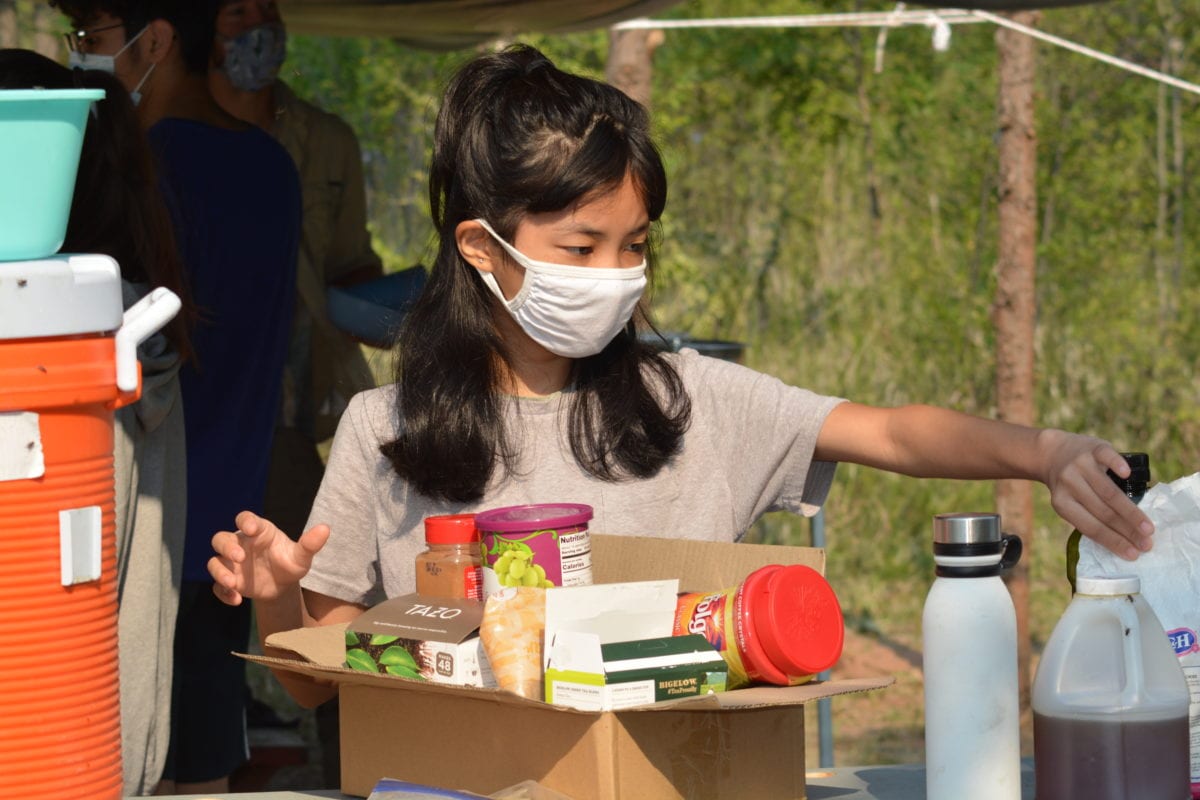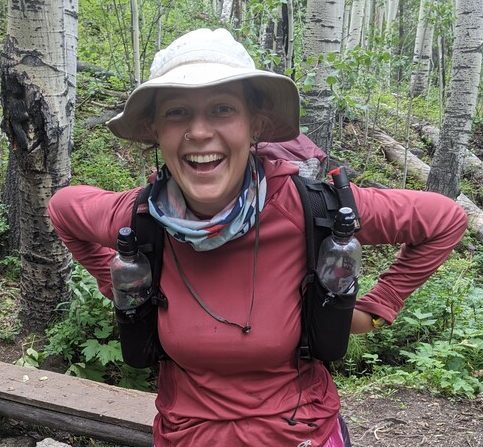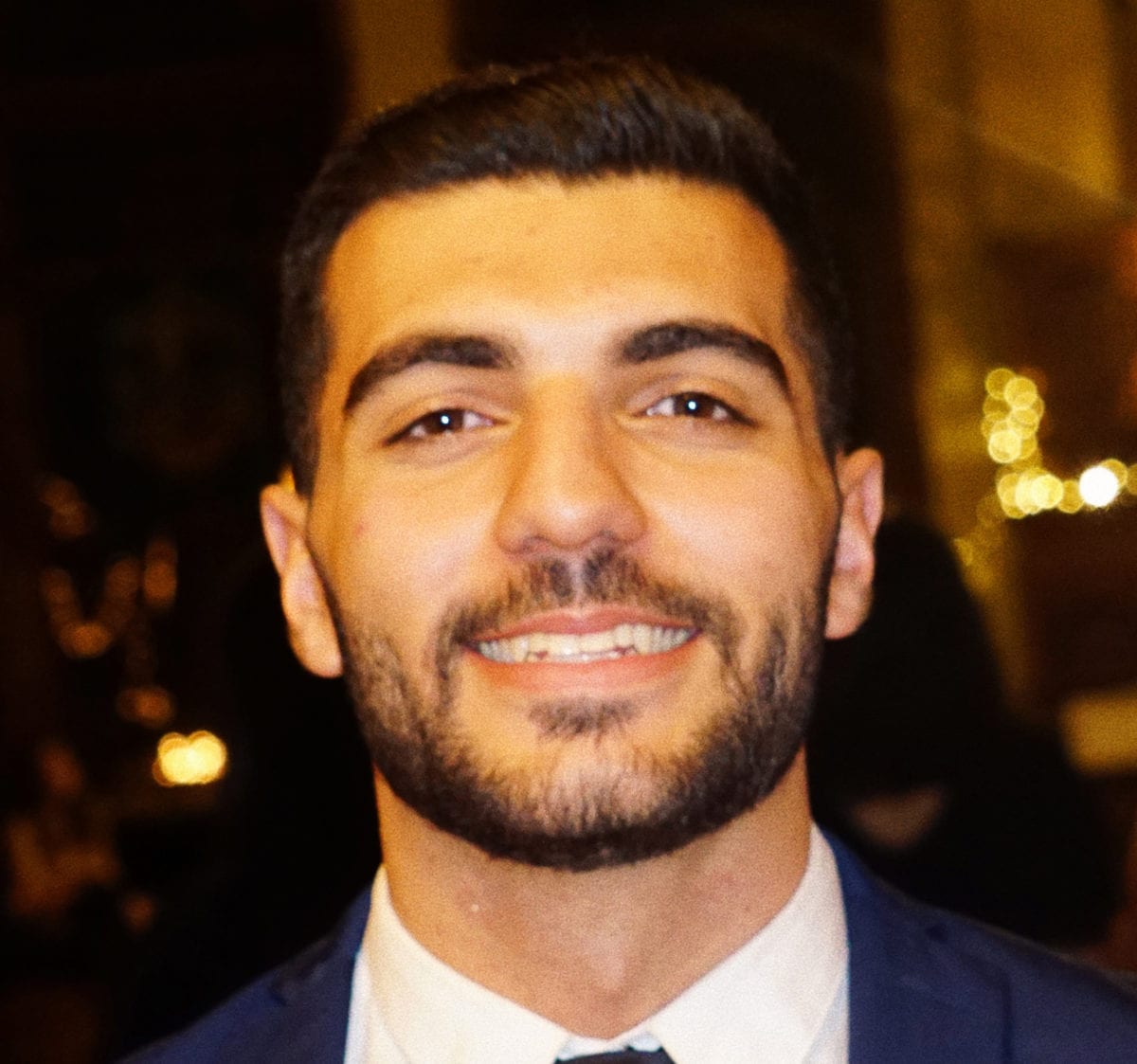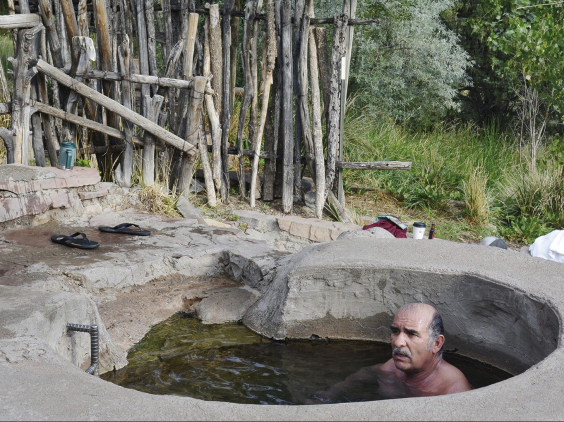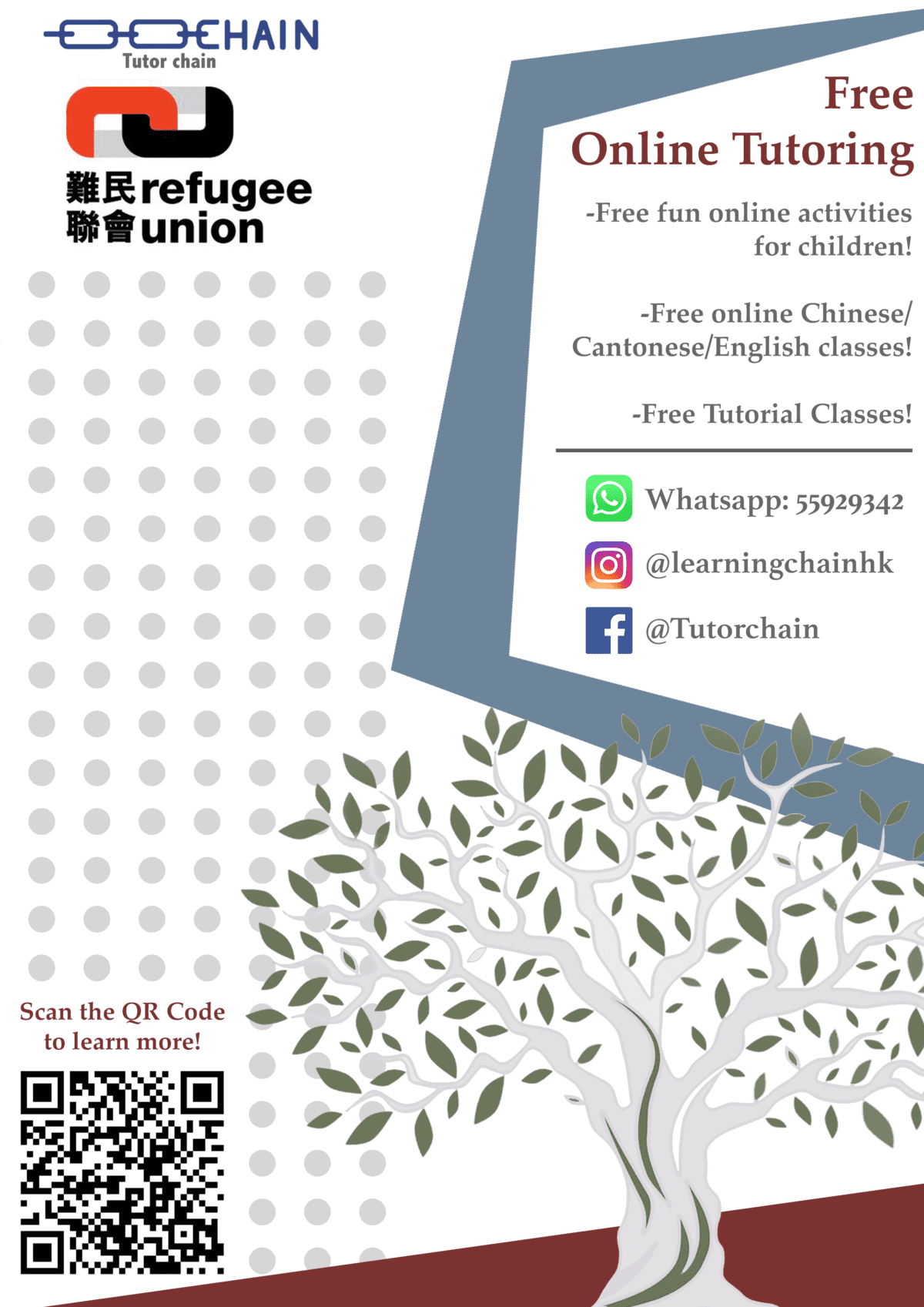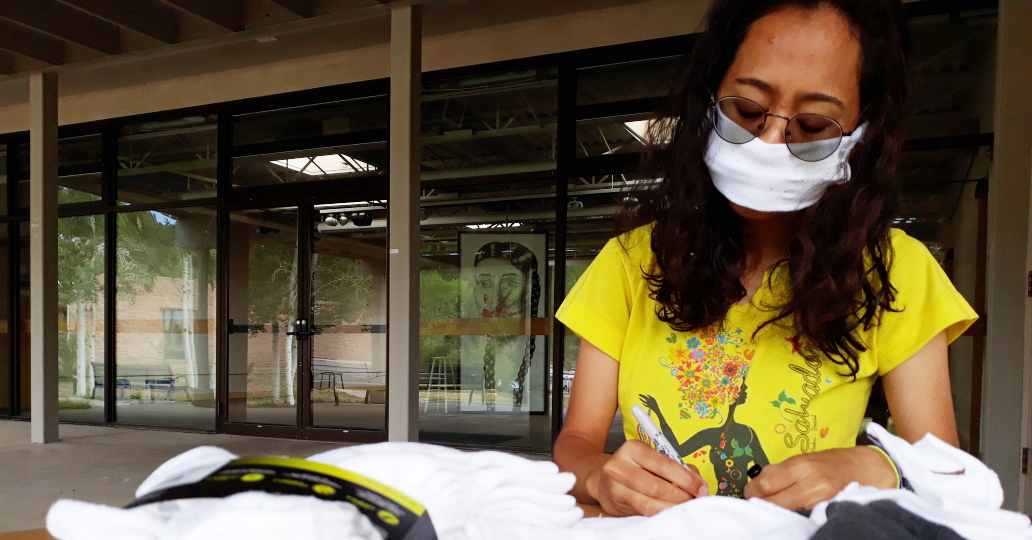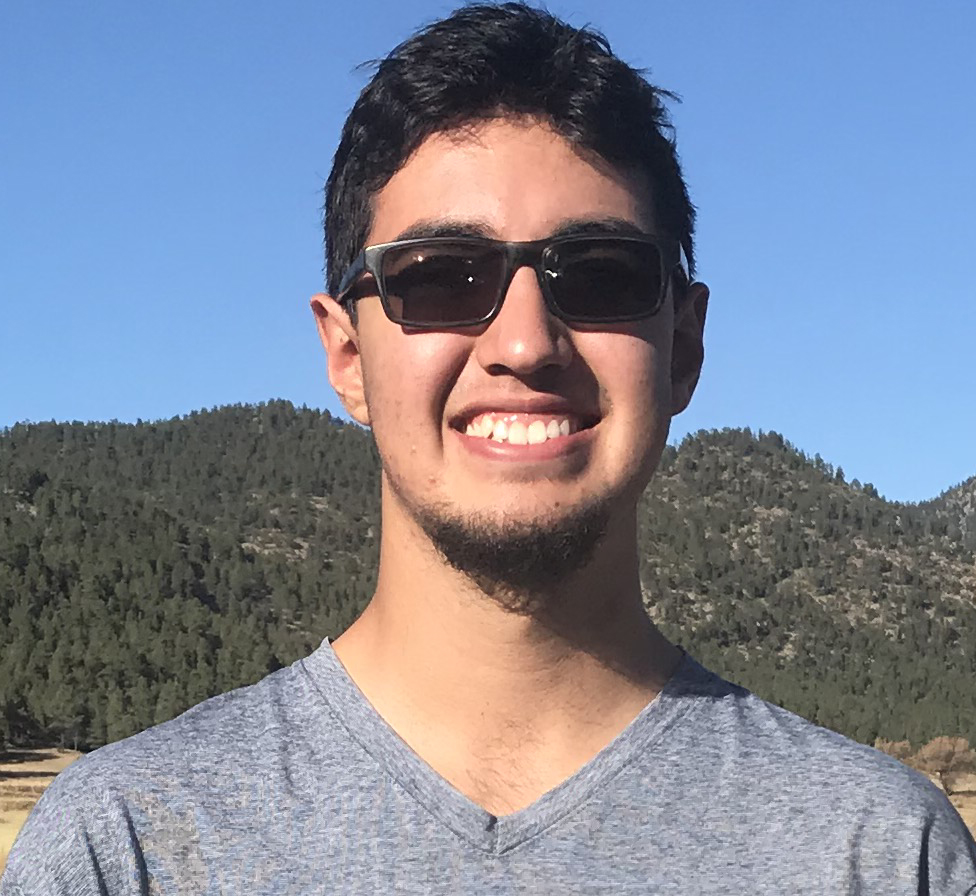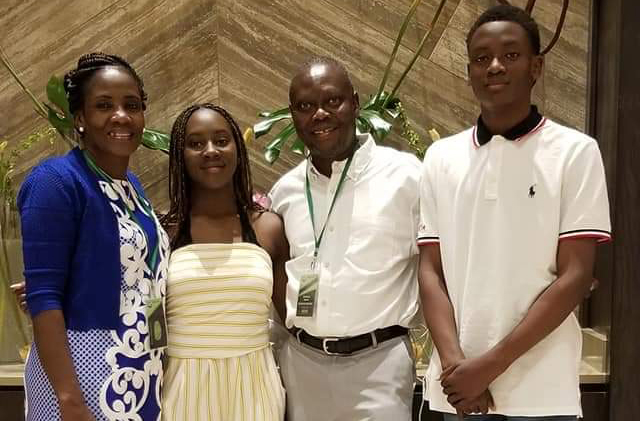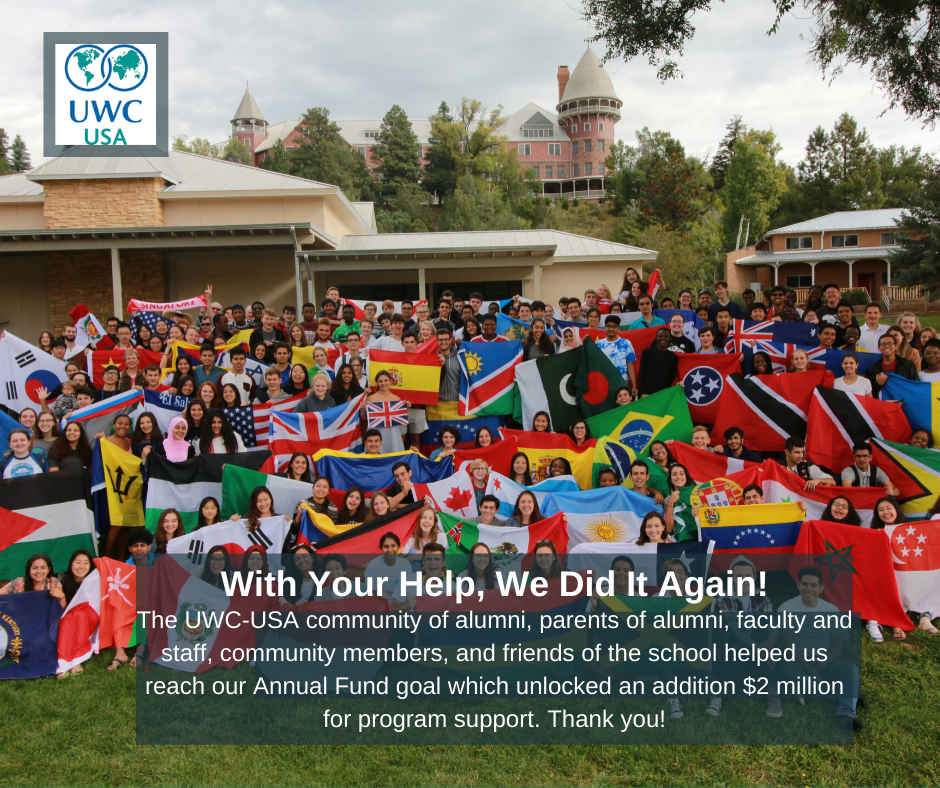Elizabeth Legault ‘21, Canada, wasn’t exactly thrilled about camping for six nights at the United World College-USA farm during a recent sustainability leadership expedition.
But when “farm camp” came to a close, Elizabeth was grateful.
“I learned a lot of skills, working with carpentry and power tools,” she said. “There was a lot of teamwork.”
The sustainability program was one of three leadership expeditions that second-year students participated in after completing their 14-day quarantine in mid-August. Wilderness leaders took a 10-day backpacking trip, and Constructive Engagement of Conflict leaders did a training retreat on a local ranch.
The 14 students staying at the farm, officially named the Agroecology Research Center, got a hands-on experience with the opportunities and challenges of a sustainable community, including working together to grow food, manage water, produce electricity, and deal with waste.
“The idea was to have students leave their normal lives where everything is taken care of for them, come to the farm and experience their use of resources more directly, said farm director Ben Gillock, who also teaches IB environmental systems and societies at UWC-USA. “When our relationship to our environment is more intimate, it is easier to see the connections between our decisions and their impacts.”
Students camped in a meadow and used a tarp structure as a communal kitchen and gathering space. Each morning while some students gathered eggs, harvested vegetables and weeded the garden, others cooked breakfast.
During the day, students broke into teams to work on sustainability projects, ranging from infrastructure projects to pressing cider and making land-based art. In the evenings, students participated in discussions that focused on the ethics of place and explored the intersections between sustainability and social justice.
The sustainability infrastructure projects were aimed at improving the quality of camp life while shifting to more sustainable resource-use and learning about appropriate technologies. For example, students built a pair of highly efficient, wood-fired rocket stoves. Using these stoves allowed the camp to expand its cooking area and reduce propane use, while also connecting to the reality of people who rely on wood for cooking and heating.
Students spent several days building a solar-heated shower using on-farm materials like black irrigation tubing and reclaimed lumber. Using an old UWC-USA school bus as a platform, students built a solar power plant that powered camp lighting, a stereo and a projector for watching films at night. Students also spent an afternoon re-plastering the farm horno — a traditional adobe oven used to cook sourdough pizza on the last night of camp.
Farm camp had several contributors that enlivened the learning experience. Farm manager Adrian Carter taught students construction skills and vegetable wrangling. Autumn Billie, co-founder of the 3 Sisters Collective, spent four days introducing students to the sustainable traditional practices of Pueblo and Dine peoples, while engaging them with the complex and challenging legacy of colonization in Northern New Mexico.
Mikaela Osler ‘13, USA-Vermont, spent the week at camp engaging students in discussions about environmental justice in the context of Northern New Mexico. One evening, UWC-USA art teacher Santos Contreras showed the documentary Lean into the Wind about Andy Goldsworthy’s land art, then helped students create a sculpture from branches and found materials the following day.
Joined by their two children, UWC-USA economics teacher Liam O’Hara and his wife, Aracelly, led students in preparing farm-based dinners.
“There’s something about intense physical labor that makes food taste especially good at the end of the day,” said Isabela Alvarez ‘21, USA-Minn.
The students plan to return to the farm.
“I am definitely going to come back down here and hang out during the school year” said Becca Panlilio ‘21, USA-Fla. “The farm is all set up with everything we need.”

